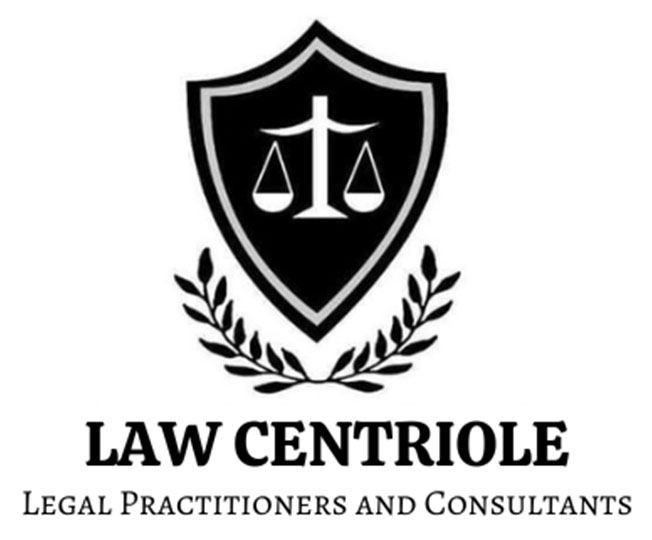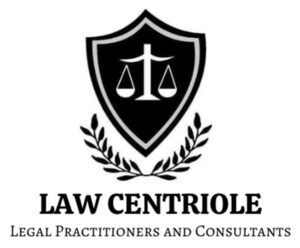Intimidation and harassment, often synonymous in their aim to create a hostile environment, are pressing concerns in various societies, including Nigeria. These actions involve the exertion of pressure to achieve specific objectives, sometimes crossing legal and ethical boundaries.
Forms of Intimidation and Harassment (using the police, EFCC, and army)
In the Nigerian context, a stark example of intimidation and harassment involves the utilisation of law enforcement agencies, such as the police, the EFCC (Economic and Financial Crimes Commission), or even the Army. Instances abound where these entities are employed not for the preservation of law and order, but rather to enforce personal agendas, pressurise individuals, or settle personal scores.
The Supreme Court has frowned at this practice. In Kure v. COP, the court stated that: The police have muzzled the rights and freedom of Nigerians even where cases are clearly outside their jurisdiction, power or corridor. If this is not curbed, everybody… will suffer always from floodgates of civil matters being hijacked by the Police and transmuted into crimes…. The primary duty of the Police by Section 4 of the Police Act is the prevention of crime, investigation and detection of crime, and the prosecution of offenders…. The police is not a debt recovery agency and has no business to dabble into contractual disputes between parties arising from purely civil transactions.
The Court further stated that “When, as in the circumstances of this action, a purely civil matter is reported to the police, such a person cannot go scot-free as the report ought not to have been made at all since it is not within the purview of Police duties. It is a report made malafide and he will be equally liable for the action taken by the police irrespective of whether he actively instigated them or not, since he had no business involving the police in a purely civil matter in the first place.”
Fundamental Human Rights Safeguards
It is crucial to recognise that every individual, regardless of circumstance, is entitled to fundamental human rights. These rights act as safeguards against unwarranted intimidation and harassment. In Nigeria, constitutional provisions and international agreements protect citizens from actions that violate their dignity, privacy, or well-being. Understanding and asserting these rights is essential to resisting and addressing intimidation and harassment.
The Need to Get a Lawyer
In the face of intimidation or harassment, seeking legal counsel becomes imperative. A lawyer can provide guidance on the appropriate legal recourse, ensuring that your fundamental rights are upheld. They play a crucial role in navigating the complex legal landscape, offering protection and representation against any unlawful actions.
Conclusion
As we navigate the intricate terrain of intimidation and harassment in Nigeria, understanding the legal safeguards and seeking professional assistance are paramount. By upholding fundamental human rights and enlisting the support of legal professionals, individuals can resist and combat actions that undermine their well-being and dignity.
Don’t forget to share this post using any of the buttons below.
Follow the Law Centriole WhatsApp Channel to get early updates about new posts.
KURE v. COP (2020) LPELR-49378(SC)

